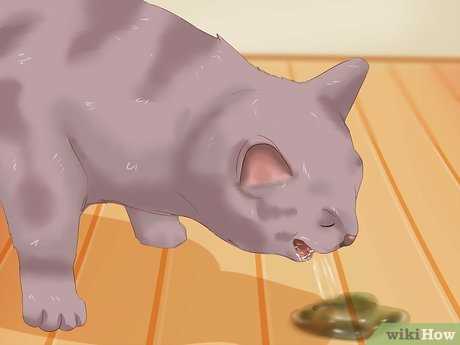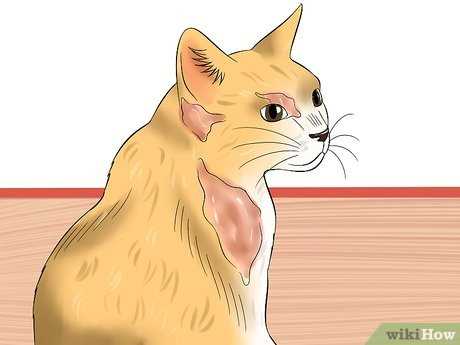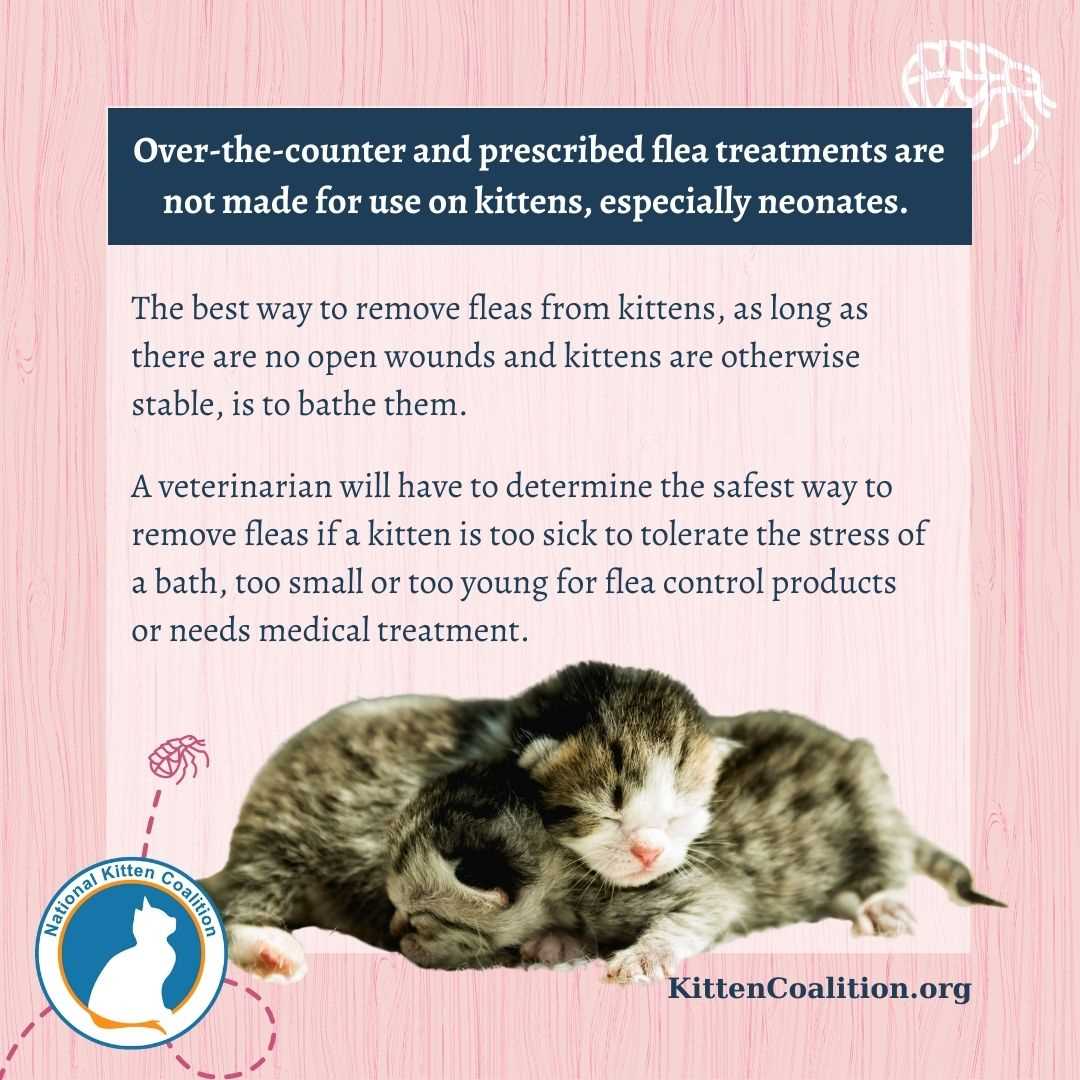Ensuring proper nutrition is the first step in addressing low red blood cell levels. A diet rich in iron, such as high-quality meats and specialized commercial foods, can significantly aid recovery. It’s essential to consult a veterinarian before making any dietary changes to guarantee the right balance of nutrients.
Regular veterinary check-ups play a crucial role in monitoring health status. Blood tests can help identify the underlying cause of the condition, whether it’s due to parasites, underlying diseases, or dietary deficiencies. Early detection is key to effective management.
Incorporating supplements can also be beneficial. Iron and vitamin B12 are often recommended to support red blood cell production. Always discuss any supplementation with your vet to avoid potential adverse effects.
Keep an eye on energy levels and overall behavior. Fatigue and lethargy can indicate worsening health. Providing a calm and stress-free environment can also promote recovery and well-being.
How to Address Low Red Blood Cell Count in Felines

Ensure a balanced diet rich in iron and vitamins. Incorporate high-quality protein sources like chicken, turkey, and fish. Adding cooked eggs can also bolster nutrient intake.
Consider supplements, specifically ferrous sulfate or vitamin B12, but consult a veterinarian for appropriate dosages. Regular monitoring of blood levels is crucial, so schedule check-ups to track progress.
Hydration plays a key role. Always provide fresh water and consider wet food to increase fluid intake, which aids overall health.
Minimize stress in the environment. Create a calm space where I can relax, as anxiety can worsen my condition. Gentle play and companionship will also contribute positively.
If there are underlying health issues, such as parasites or chronic diseases, addressing those is essential. Follow your vet’s recommendations for any treatments or medications needed.
Keep an eye on my behavior. If I seem lethargic or show signs of distress, notify the vet immediately for further assessment. Early intervention can make a significant difference.
Identifying Symptoms of Anemia in Felines
Noticing signs that indicate low red blood cells is crucial for early intervention. Keep an eye out for these specific symptoms:
- Pale gums and tongue
- Excessive fatigue or lethargy
- Reduced appetite or sudden weight loss
- Weakness during physical activities
- Rapid breathing or increased heart rate
- Frequent vomiting or diarrhea
Behavioral Changes

Changes in demeanor may also signal a problem. Watch for:
- Increased irritability or hiding
- Decreased interest in play
- Changes in grooming habits
Monitoring Health
Regular check-ups can help identify these issues early. If you notice any of the above signs, consult a veterinarian immediately for a comprehensive evaluation and appropriate care.
Consulting a Veterinarian for Diagnosis
As soon as my human noticed something was off, they took me to the vet. This is the best course of action. A professional examination is crucial for pinpointing the underlying issue. Blood tests, including a complete blood count, can reveal my red blood cell levels and help determine the cause of my condition.
During the visit, the veterinarian will ask about my history, diet, and behavior. It’s advisable for my human to prepare a list of observed symptoms, such as fatigue, pale gums, or changes in appetite. This information aids in making an accurate assessment.
The vet may recommend additional diagnostics, like urine tests or imaging, to explore potential underlying causes, including infections, parasites, or chronic diseases. Following the evaluation, my human will receive a tailored treatment plan based on the findings.
Regular follow-up appointments might be necessary to monitor my progress and adjust treatment as needed. Consulting a veterinarian ensures that I receive the right care and support to recover. My health is in capable hands with their expertise!
Understanding Treatment Options for Feline Anemia
Regular blood tests are crucial for monitoring my health. If my red blood cell count is low, there are several approaches to improve my condition. Nutritional adjustments can play a significant role; incorporating high-quality iron-rich foods, such as organ meats, can boost my iron levels.
In some cases, my veterinarian might recommend iron supplements. It’s important that these are administered under professional guidance to avoid any adverse effects. Additionally, medications to stimulate red blood cell production may be prescribed, especially if my anemia is due to underlying conditions.
For more severe instances, blood transfusions may be necessary. This process can quickly replenish my red blood cells and improve oxygen delivery throughout my body. However, it’s essential that the procedure is done in a controlled environment to monitor any potential reactions.
For those looking for alternative solutions, there are products like best absorbant pellets for dog litter that can help maintain a clean environment, reducing stress and promoting overall well-being, which is beneficial during recovery.
Regular veterinary check-ups ensure that any adjustments to my treatment plan are timely and effective, tailoring care specifically to my needs. This proactive approach is key to managing my health successfully.
Adjusting Your Feline’s Diet to Combat Anemia
Incorporate high-quality protein sources like chicken, turkey, and fish into meals. These proteins supply essential amino acids necessary for red blood cell production. Avoid fillers and low-quality ingredients that do not contribute to overall health.
Iron-Rich Foods

Add iron-rich options such as beef liver and certain leafy greens like spinach or kale. These foods can significantly boost iron levels, enhancing oxygen transport in the bloodstream.
Vitamin B12 and Folate
Ensure the diet includes ingredients rich in Vitamin B12 and folate, such as eggs and fortified pet foods. These vitamins play a critical role in the formation of red blood cells and can improve overall energy levels.
Consider wet food formulations that maintain moisture levels, helping with hydration and nutrient absorption. Always consult a nutritionist or veterinarian to tailor a specific dietary plan that meets individual needs and health conditions.
Monitoring Recovery and Follow-Up Care
Regular check-ups are essential for assessing health status after treatment. Schedule follow-up visits with the veterinarian every 2-4 weeks for the first few months. This allows for monitoring of blood parameters and ensures that any underlying issues are addressed promptly.
During these visits, the vet will likely perform blood tests to evaluate red blood cell counts and overall well-being. Keeping a record of these results can help identify trends or improvements in health. Make sure to note any changes in activity level, appetite, or behavior at home to discuss with the vet.
Nutrition plays a significant role in recovery. Continue offering a balanced diet enriched with iron and vitamins as guided by the veterinarian. If your furry friend is older, consider investing in the best cat beds for older cats to ensure proper rest, which is vital for healing.
Monitoring hydration is also critical. Ensure fresh water is always available. Dehydration can hinder recovery, so keep an eye on drinking habits and urinary output.
Behavioral changes can indicate complications. Watch for signs of lethargy, vomiting, or changes in grooming habits. If these occur, contact your vet immediately.
Patience is key; recovery can take time. Encourage gentle play and interaction to stimulate your pet’s spirits without overexertion. Regular follow-up care ensures a smoother path to full health.
Preventing Future Anemia in Cats
Regular veterinary check-ups are crucial. Schedule annual visits to monitor overall health and catch potential issues early.
Maintain a balanced diet rich in essential nutrients, particularly iron, B vitamins, and amino acids. Incorporating high-quality protein sources like chicken or fish can greatly support red blood cell production.
Environmental Considerations
Keep your living space safe. Remove toxic plants and substances that could lead to poisoning. A secure environment minimizes the risk of injury, which can lead to blood loss and subsequent health complications.
Hydration and Exercise
Ensure fresh water is always available. Dehydration can exacerbate health problems. Encourage physical activity to maintain a healthy weight and promote circulation, which is important for overall well-being.
Stay informed about any hereditary conditions or breed-specific issues that may affect blood health. By being proactive, I can help prevent potential complications down the line.






